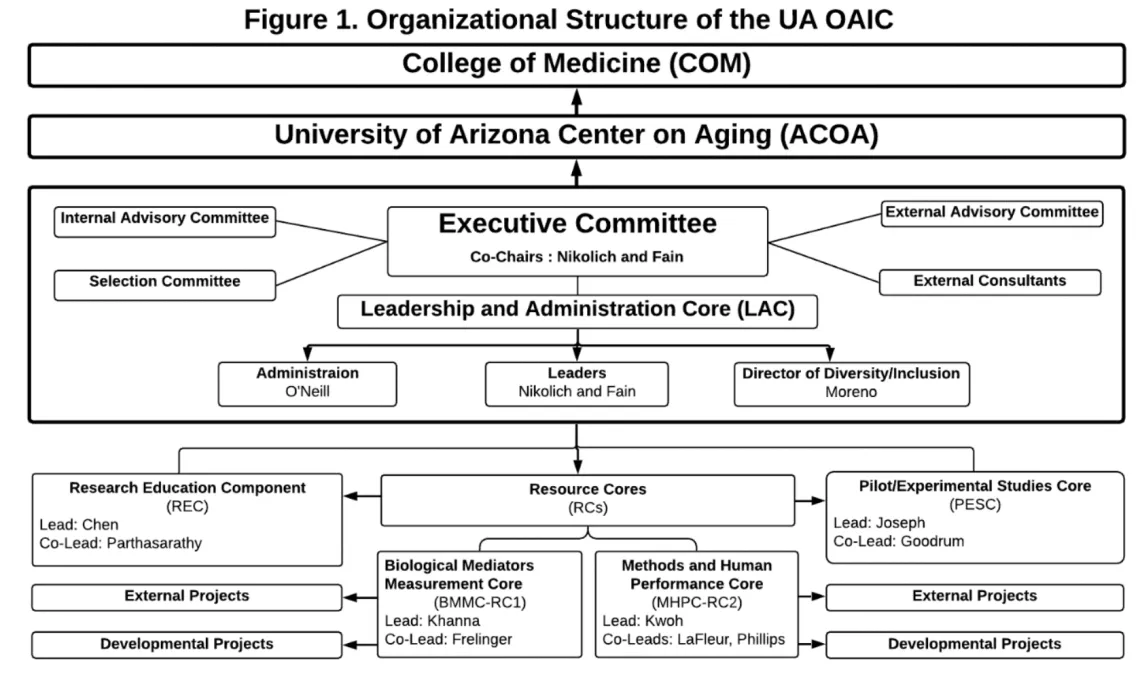
Current CHiiLi Pilot and Career Track Grant Projects
These cross-campus, interdisciplinary aging-related research projects were made possible by
the Technology and Research Intiative Fund (TRIF) Accelerate for Success grant,
the University of Arizona College of Medicine and the BIO5 Institute.
These projects were selected to receive research training support from 2018-2019. They met key research themes of the UA-OAIC, centered around rescue and recovery from injury and infection, and include underserved populations and health disparities.
Clinical and Immunological Predictors of Frailty in Geriatric Survivors of Septic Shock
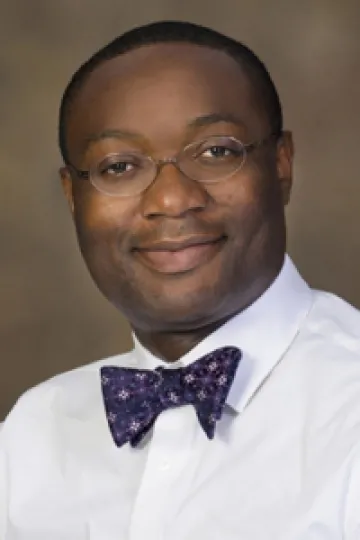
Dr. Bime is exploring the relationship between frailty and septic shock in older adults. The hypothesis is that recently identified Reactive Oxygen Species (ROS)-associated gene expression signature and a panel of pro-inflammatory cytokines and genomic biomarkers, measured at the time of ICU admission and at the time of hospital discharge, will predict the frailty status among elderly survivors of septic shock and allow for better risk stratification and targeted clinical care.
Interdisciplinary Team:
- Joe "Skip" Garcia, MD
- Sairam Parthasarathy, MD
- M. Jane Mohler, PhD
- Nima Toosizadeh, PhD
Green Light Therapy for Chronic Pain
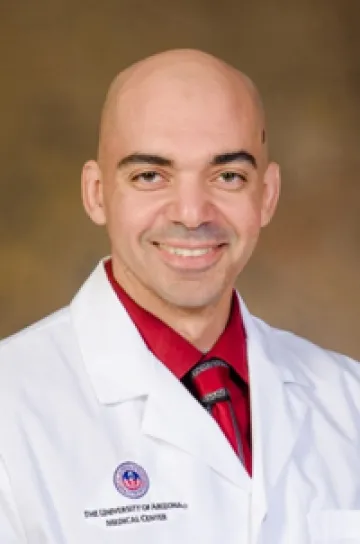
Dr. Ibrahim is studying unconventional but highly promising alternatives in pain control. His hypothesis is that exposure to green light will reduce thermal hyperalgesia and tactile allodynia induced by an incision of the plantaris muscle of the rat hind paw, as a model of post-operative surgical pain. In addition to testing in rats, this study will evaluate the efficacy of green LED (4 lux, 1-2 hours a day X 3 weeks) in a small group of patients with scheduled total knee arthroplasty. This potentially introduces a non-pharmacologic treatment to improve pain management, and enhance mobility among older surgical patients.
Interdisciplinary Team
- Rajesh Khanna, PhD
- Todd Vanderah, PhD
Improving Post-Operative Outcomes in Older Adults Undergoing Traumatic Emergency Major Abdominal Surgical Procedures
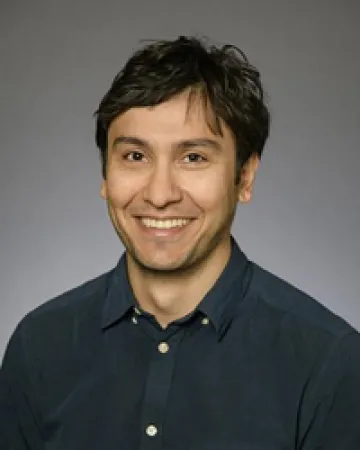
Dr. Toosizadeh is studying the prevalence of clinical frailty syndrome, in older adults undergoing traumatic emergency major abdominal surgical procedures. Specifically, he is testing the feasibility and meaningfulness of measuring frailty by the innovative and validated Upper-Extremity Frailty (UEF) method category and scale score among older adults in a trauma injury setting to better risk stratify and target clinical care.
Interdisciplinary Team
- M. Jane Mohler, PhD
- Chris Wendel, MS
- Bellal Joseph, MD
Lipidomics of Frailty and Immune Mediate Resilience in Older Adults
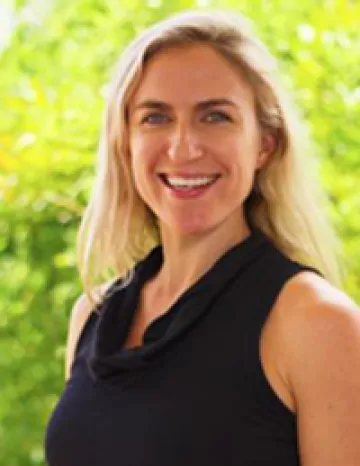
Dr. Skulas-Ray aims to explore the efficacy of resolvins in nutritional intervention to optimize recovery from post-surgical complications. She will test whether levels of fatty acid lipid mediators that may predict frailty and post-surgical complications—independent of biological age; long-term goal is to provide supplementation to improve resolution of inflammatory responses in older adults. The presence or absence of specific lipids could aid the prediction of adverse surgical outcomes. Additionally, comparison of lipidomic responses to induced inflammation in healthy adults vs. older adults with and without frailty may also enable elaboration of a “lipidomic signature” of frailty, distinct from that of advancing biological age.
Interdisciplinary Team
- Floyd Chilton, PhD
- Bellal Joseph, MD
- Janko Nikolich-Zugich, MD, PhD
- Mindy Fain, MD

